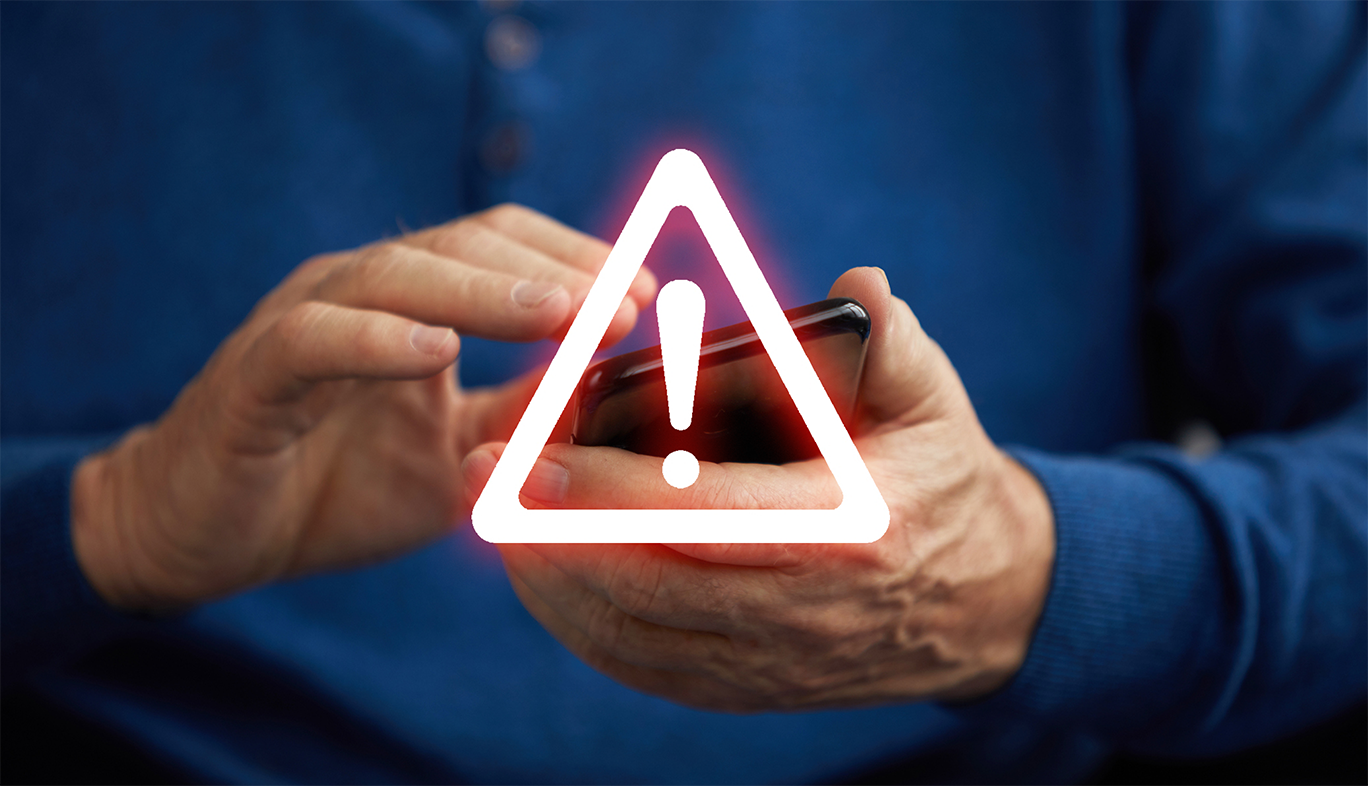How to Spot and Protect Yourself From Investment Fraud
- Select a language for the TTS:
- UK English Female
- UK English Male
- US English Female
- US English Male
- Australian Female
- Australian Male
- Language selected: (auto detect) - EN

Play all audios:

RED FLAGS HIGH PRESSURE. A caller who pressures you to send money right away to take advantage of a supposedly once-in-a-lifetime opportunity. EXTRAVAGANT CLAIMS. A caller who uses phrases
such as “incredible gains,” “breakout stock pick” or “huge upside and almost no risk!” The SEC says such claims suggest high risk and possible fraud. INTERNATIONAL INVESTMENTS.
Recommendations of foreign or “offshore” investments from someone you don’t already know and trust. Once your money is in another country, the SEC cautions, it’s more difficult to keep watch
over it. “INSIDE” INFORMATION. Don’t jump on inside information posted to social media, chat rooms or forums promoting shares of a company that are certain to go up. It could be a
“pump-and-dump” — a ploy to drive up the price artificially, enabling scammers to sell their shares for a big profit before the stock crashes and the remaining investors take a loss. HOW TO
BE A SMART CONSUMER HANG UP. FINRA recommends rehearsing some stock lines to cut short a caller’s high-pressure pitch, such as, “I’m sorry, I’m not interested. Thank you.” ASK QUESTIONS
before you make any investment, including: * Is the financial product registered with the SEC or state securities agencies? * What are the fees? * How does the investment company make money?
* What factors could affect the value of the investment? DO YOUR HOMEWORK. If you’re considering investing in a publicly traded company, look up information about its finances and
operations in the SEC’s EDGAR database. Don’t make investment decisions based on TV commercials, phone calls or email solicitations. CONSULT TRUSTED ADVISERS. If you have a lawyer or a
financial adviser, have a conversation with them about what you’re considering. KNOW WHO’S HANDLING YOUR INVESTMENT. Do a background search in FINRA’s BrokerCheck, an online database. IF
YOU’VE BEEN TARGETED File complaints with FINRA and the SEC as well as your state or provincial securities regulator. Report scams involving precious metals or commodities fraud to the
Commodities Futures Trading Commission. Report fraud to the FTC and the FBI . MORE RESOURCES